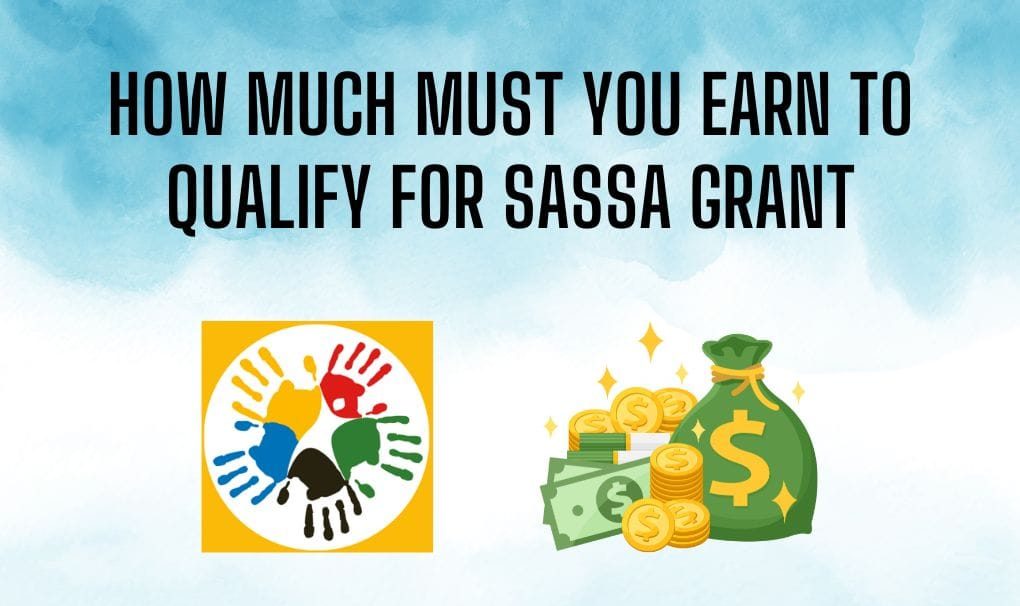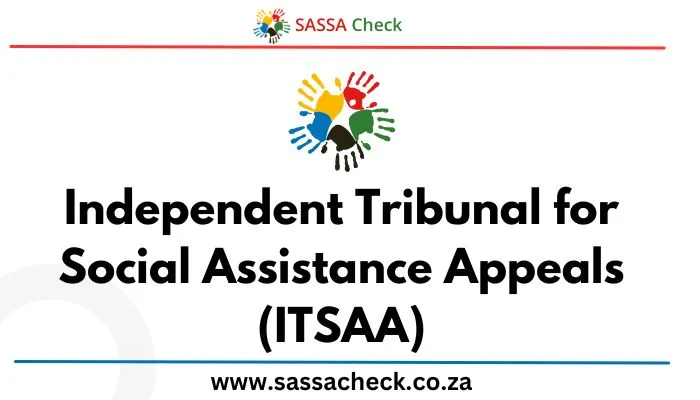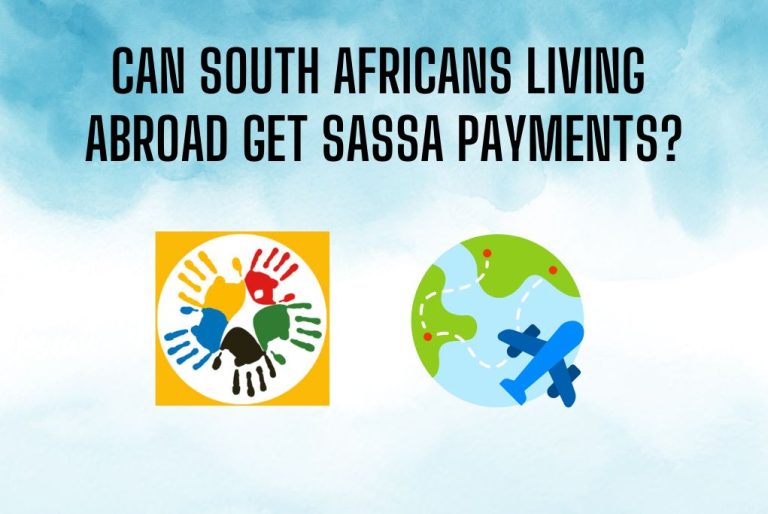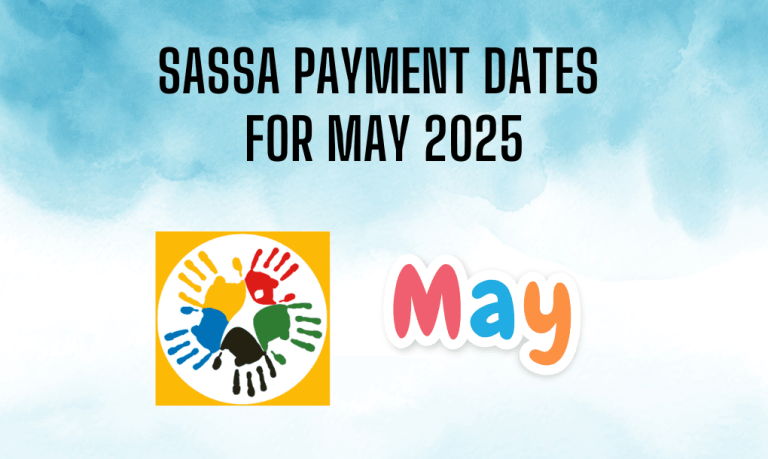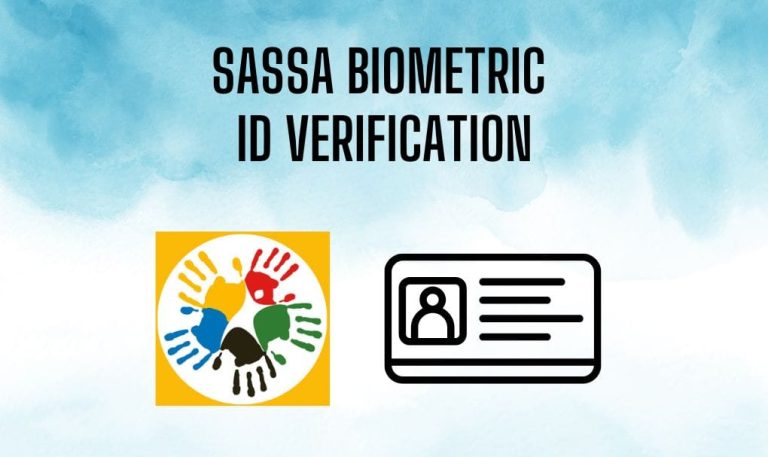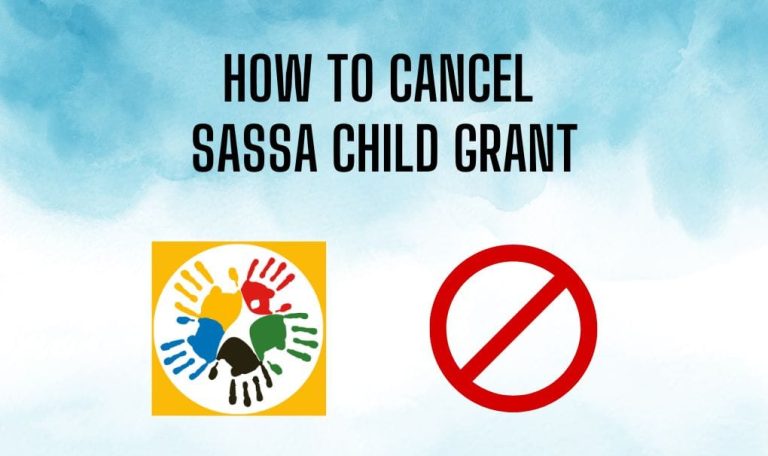How much must you earn to qualify for SASSA Grant?
SASSA grants provide essential income support for millions of South Africans who are living on thin air. These government-funded grants provide crucial financial assistance for children, the elderly, and people with disabilities.
Applications undergo strict screening processes, including income verification, as SASSA enforces a means test to ensure grants are directed to those most in need.
This article will explore how much you must earn to qualify for a SASSA Grant.
Types of SASSA Grants
SASSA has established multiple grant categories to support different vulnerable groups within society. Here’s a detailed breakdown:
- Child Support Grant: This grant helps parents of children under 18 years of age who are living in low-income households. It provides essential support for child-rearing costs and basic necessities.
- Older Persons Grant (Old Age Pension): This grant benefits older individuals who are above 60 years of age, ensuring they have financial support in their senior years.
- Disability Grant: This grant offers vital assistance for individuals who have physical or mental disabilities that impact their ability to work and support themselves.
- Foster Parent Grant: This grant provides financial aid to foster parents to help cover the costs associated with caring for foster children.
- Care Dependency Grant: This specialized grant helps caregivers who are responsible for children with severe disabilities, supporting the unique care requirements these children need.
- Social Relief of Distress Grant (SRD Grant): This grant provides temporary assistance for individuals facing unemployment and those without any source of income.
Understanding Income Thresholds and Means Testing
What is a Means Test?
A means test is a comprehensive evaluation that calculates your total household income and assets to determine whether you qualify for government support. SASSA takes into account various sources of income, including:
- Regular employment income
- Pension payments
- Any other forms of financial support or income
The Importance of Income Disclosure
Critical Warning: Income that is not disclosed during the application process can lead to immediate disqualification or result in criminal charges. Complete transparency is absolutely essential when applying for any SASSA grant.
The specific income threshold varies depending on the type of grant and whether you are single or married.
How much must you earn to qualify for SASSA Grant
1. Child Support Grant Income Limits
- For Single Caregivers: Must not earn more than R60,000 per year (equivalent to R5,000 per month)
- For Married Caregivers: Maximum combined household income must not exceed R120,000 per year (equivalent to R10,000 per month)
2. Older Persons Grant Income Limits
- For Single Applicants: Maximum allowable income is R97,320 per year (approximately R7,190 per month)
- For Married Applicants: Maximum joint household income must not exceed R172,560 per year (approximately R14,380 per month)
3. Disability Grant Income Limits
- For Single Households: Maximum annual salary cannot exceed R97,320
- For Married Applicants: Maximum annual combined earnings must not exceed R172,560 per couple
4. Foster Child Grant Income Criteria
This grant considers only the foster child’s income, not the income of the foster parent. However, foster parents must have valid foster care court orders to qualify.
5. Care Dependency Grant Income Limits
- For Single Caregivers: Maximum allowable income is R250,800
- For Married Caregivers: Maximum joint family income must not exceed R501,600
6. Social Relief of Distress Grant (R350 Grant)
Applicants must have:
- Zero income from any source
- No other support from programs such as UIF, NSFAS, or other social assistance programs
Detailed Application Process
1. Required Documentation
To apply for any SASSA grant, you must provide:
- Copies of approved identification documents for all applicants and family members
- Evidence of income, such as recent payslips or detailed bank statements
- Medical reports and documentation for any disability-related applications
2. Application Process Steps
- Submit your application either at a SASSA office or through their online platform
- Provide all required documentation for verification
- Undergo the mandatory screening process
3. Verification and Approval Process
- SASSA thoroughly checks all income sources and provides details
- The approval process typically takes several weeks to complete
- Upon approval, payment will be made through your preferred method: bank transfer, SASSA card, or cash collection
Frequently Asked Questions
What options do I have if my application is denied?
You have the right to appeal within 90 days after receiving your rejection notice.
How frequently are income thresholds reviewed and updated?
Income thresholds are periodically adjusted to account for inflation and policy changes.
Are grant amounts different in different provinces?
No, SASSA grants and income thresholds are standardized across all provinces in South Africa.
What should I do if my income increases above the threshold after approval?
You must immediately notify SASSA of any income changes. Continuing to receive payments while earning above the income limit could result in significant fines.
Can foreign nationals apply for SASSA grants?
Only individuals with permanent residency status or official refugee status qualify for SASSA grants.
Conclusion
SASSA grants serve as a crucial lifeline, ensuring that millions of South Africans can maintain a basic standard of living. Understanding the income thresholds and eligibility requirements is fundamental to accessing these benefits. Whether you’re applying for a Child Support Grant or an Older Persons Grant, knowing the specific income limits will help streamline your application process.
Before submitting your application, ensure you have gathered all necessary documentation and verified your eligibility against the current criteria. Remember that the assistance you need may be just one application away.
Make sure you do a regular SRD Status Check to find out your latest information about pending and approved grants.
